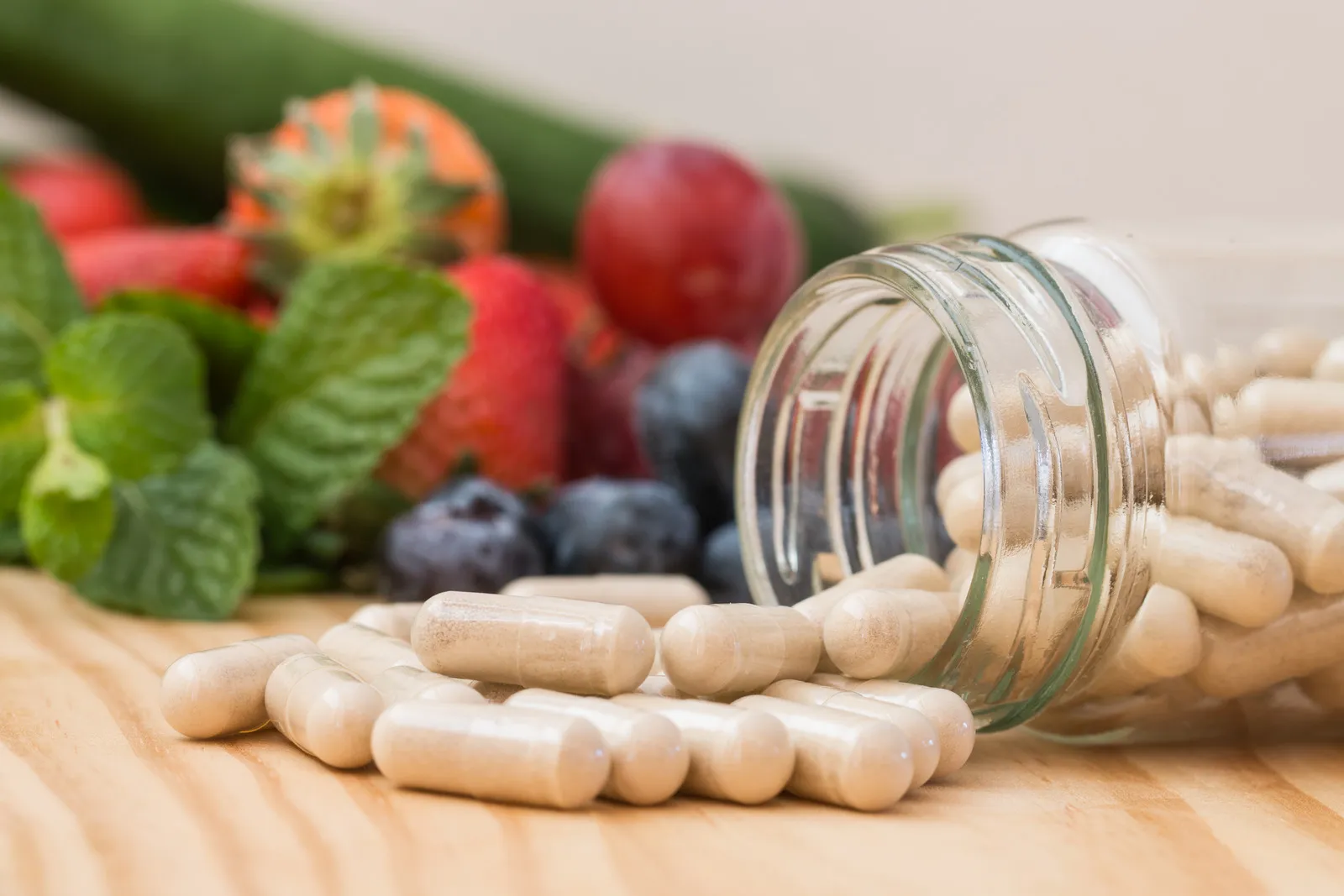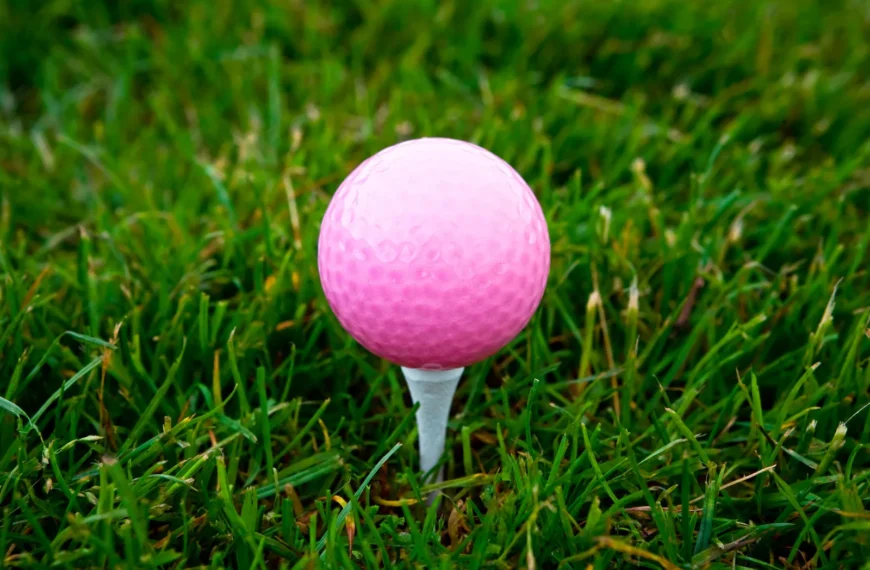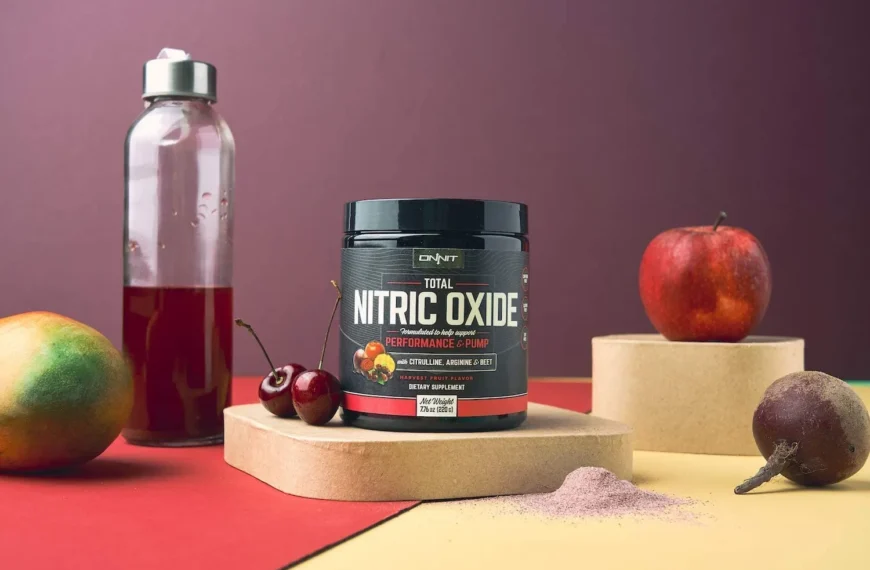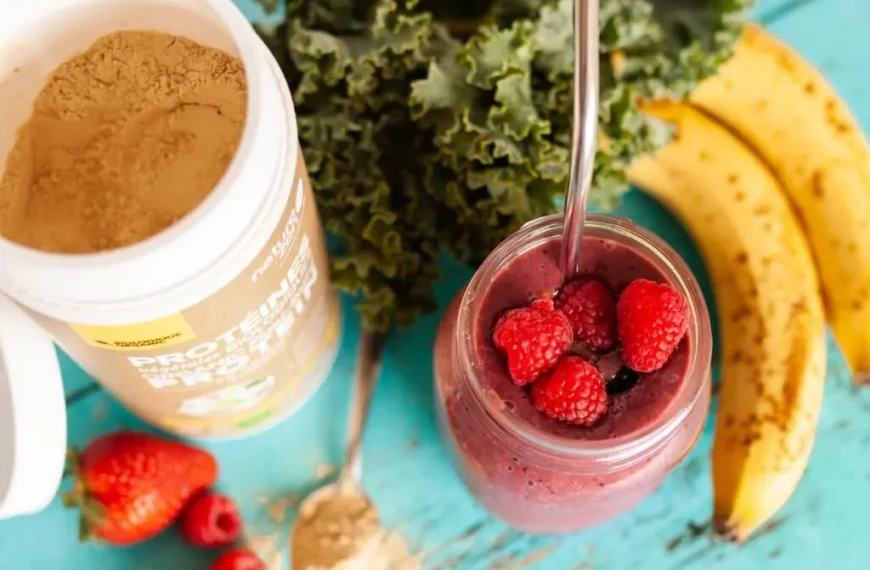Do you ever feel like you don’t have enough energy to get through your day? Are you tired all the time and in desperate need of a pick-me-up? If so, then it might be time to consider adding an iron supplement to your daily health routine. Iron is crucial for our bodies -not only does it help us produce red blood cells but it also helps us sustain healthy energy levels. But if you’re a woman, finding the right iron supplement can be tricky.
Ladies, are you feeling tired and in need of an energy boost?
If the answer is yes, then it might be time to consider supplementing with iron. Iron helps our bodies produce red blood cells and allows us to sustain healthy energy levels throughout the day. But for women, finding just the right type of iron supplement can be tough – that’s why we’ve done all the research so you don’t have to!
From capsules to tablets, whatever your preference maybe – we’ve made sure they deliver just the right amount of nutrition for a woman’s body. So take some time for yourself today and make sure your body gets what it needs – give your health routine a much-needed upgrade with one of these top-rated supplements!
Check out our list now and find an iron supplement perfect for YOU!

- Gentle iron tablets clinically proven to increase iron levels without side effects.
- Formulated with essential nutrients like vitamin C, beet root, folic acid, and vitamin B12.
- Premium supplements made with real food and added nutrients for better health.
- Committed to quality and obsessed with delivering the best products.
- Nourish your body with our high-quality, nature-inspired supplements.

- Specifically formulated for women with 23 key nutrients for daily nutritional support.
- Contains calcium, folic acid, iron, and vitamin D to promote overall health.
- Folic acid supports reproductive health.
- Calcium (250 mg) helps maintain strong bones.
- Provides 100% daily value of iron (18 mg) for women of reproductive age.
- High level of vitamin D supports bone, joint, and immune system health.
Jump Ahead
How We Choose
It can be hard to find the right iron supplement for you. With so many brands and so many reviews, it’s difficult to know which one is best suited for your needs.
Many women are frustrated by wasting their money on expensive iron supplements that don’t deliver results, or even worse, make them feel unwell.
Proof has done the work for you! We’ve done the research and found the best iron supplements for women based on real customer feedback. With Proof you can be sure that you are getting an iron supplement that works – and feels great too!
FYI — LookLeisure may collect a share of sales or other compensation from affiliate links.
What is the Main Role of Iron?
Iron is an essential mineral for human health and plays a vital role in many of the body’s physiological processes. It helps form hemoglobin, which carries oxygen throughout the body, and myoglobin, which stores oxygen in muscle cells. In addition, iron acts as a cofactor for enzymes involved in energy metabolism and assists with metabolic activities such as respiration. As well as being required for the production of red blood cells and helping regulate cell growth, it also aids the immune system by forming antibodies that fight off infection.
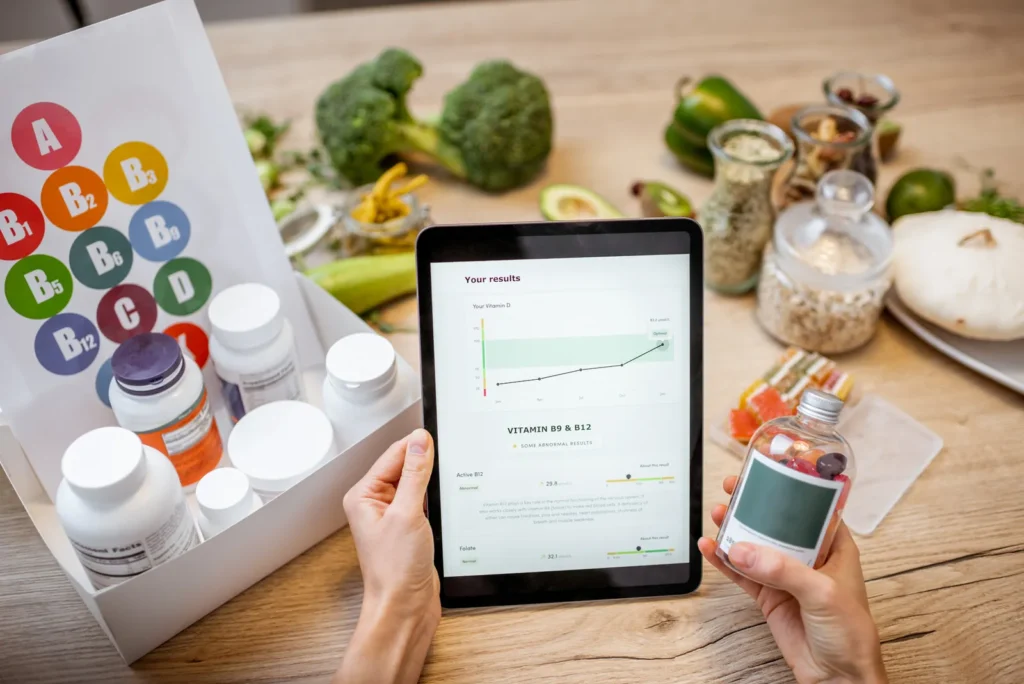
Iron is especially important during infancy and childhood when rapid growth necessitates regular dietary intake to maintain healthy levels of this mineral. It is found primarily in red meat, poultry, fish, beans, lentils, and iron fortified foods, bread, or cereals. Lack of sufficient dietary intake can result in iron deficiency anemia (IDA), which means there are not enough healthy red blood cells to carry oxygen around the body efficiently.
Iron deficiency can cause mental fatigue or physical exhaustion due to lack of oxygen available to organs; hair loss; weakness; poor concentration; depression; swollen tongue among other symptoms so maintaining adequate levels through diet or supplementation is necessary for optimal health
- Women’s multivitamin with 23 key nutrients for daily support
- Includes calcium, folic acid, iron, and vitamin D
- Folic acid 600 mcg for reproductive health
- Calcium 250 mg for bone health
- 100% daily value of iron 18 mg, essential for women
Why We Love It
Nature Made Iron 65 mg is the perfect supplement for health enthusiasts, providing premenopausal women with an essential nutrient during their reproductive years.
These tablets are vital for red blood cell formation, helping to regulate your energy levels and keep you feeling refreshed. With no synthetic dyes and artificial flavors, this gluten free 65 mg Iron supplement sources only the highest quality ingredients for a safe and natural source of Iron.
One tablet per day is recommended with water and a meal: it’s that simple! With Nature Made supplements, rest assured you are getting quality you can trust; each tablet contains 325 mg of Ferrous Sulfate so you get all the benefits without any extra fuss. Find your balance and take on life with renewed vigor – add Nature Made Iron to your routine today!
- Iron-C supports optimal muscle function and myoglobin production.*
- Vitamin C enhances iron absorption and provides immune support.*
- Premium ingredients sourced from trusted suppliers.
- Manufactured and tested for potency and purity.
- Free from common allergens, artificial additives, and unnecessary fillers.
Why We Love It
This highly utilizable form of iron helps kickstart chemical reactions that help muscles contract, making it essential for those looking to stay active and fit. What’s more – Iron-C provides Vitamin C as a bonus to increase intestinal absorption of iron, ensuring you get the most out of this supplement. And it gets better!
Pure Encapsulations Iron-C is the perfect product for anyone looking to support their muscle function and enhance their overall well-being. All the ingredients used in Pure Encapsulations products are sourced from the highest quality, natural origins – free from artificial colors, sweeteners, preservatives, and GMOs.
We are confident that you won’t find a better performance or quality product like Iron-C elsewhere. So don’t wait any longer – start supporting your muscle function today with Pure Encapsulations Iron-C!
- Well-absorbed iron bisglycinate formula with 25 mg elemental iron per capsule
- Fights fatigue and signs of iron deficiency
- Supports the formation of new red blood cells
- NSF Certified for Sport, ideal for high-performance nutrition programs
- Trusted by professional athletes and partnered with Mayo Clinic and U.S. Olympic Teams
Why We Love It
Iron deficiency can have debilitating effects, causing fatigue and several other symptoms. Thorne Research Iron Bisglycinate provides an optimal way to supplement your daily iron intake and guard against the signs of an iron deficiency.
With 25 mg of elemental iron per capsule in a non-constipating, well-absorbed form, Iron Bisglycinate not only fights fatigue and other symptoms associated with iron deficiency but also helps ensure the formation of new red blood cells –essential for a healthy life.
What’s more, it is NSF Certified for Sports, making it perfect for athletes seeking optimal performance. Don’t let an iron deficiency slow you down! Trust Thorne Research Iron Bisglycinate to take your health game to the next level with confidence!
- Ferrous bisglycinate iron supplement
- No artificial colors, flavors, or chemical preservatives
- Vegan and gluten-free formula
- Supports energy production and red blood cell formation
- 195 capsules, 6-month supply (taken daily at serving size)
- Manufactured in a GMP facility in the USA with US and imported ingredients
Why We Love It
Amazon Elements Iron 18mg is an exceptional iron supplement that guarantees reliable support for energy levels and red blood cell production. Meticulously crafted with the utmost care, this supplement is devoid of artificial colors, flavors, or chemical preservatives—delivering pure, unadulterated nutrition.
This remarkable product boasts a vegan and gluten-free formula, enriched with ferrous iron bisglycinate—a highly tolerable and easily absorbed form of iron, ensuring optimal bioavailability.
Rest assured, with Amazon Elements Iron 18mg, you can confidently embrace a safe and efficacious solution for sustaining your overall well-being and vitality daily.
- Side Effect-Free Iron Boost: Clinically proven to raise iron levels safely and effectively
- Essential Nutrients: Enriched with vitamin C and beet root for optimal iron absorption
- Promotes Healthy Blood Cells: Contains folic acid and vitamin B12 to support red blood cell production
- Nature’s Nourishment: Crafted with real food ingredients and added nutrients for superior supplementation
- Quality Obsession: Committed to providing the highest standards of purity and excellence
Why We Love It
If you’re looking for a way to beat fatigue and increase your iron levels, MegaFood Blood Builder has got you covered! This supplement is clinically shown to boost your energy without common side effects like nausea or constipation.
What makes it even better? It’s made with real food ingredients like beets and organic oranges, plus special formulas of iron, folic acid & B12 for red blood cell production, and vitamin C for absorption–all in one package.
We know you’re busy and pressed for time so we designed this ultra-gentle product to take any time of day–even on an empty stomach! With MegaFood Blood Builder, you can feel confident knowing that you’re doing what’s best for your body.
FAQs
Best Iron Supplements for Women
The importance of iron supplementation cannot be overstated, and if you are a woman looking to supplement your iron levels, the key is to do your research. Knowing what works best for you is the most important factor, as everyone’s body and experience with supplements may differ. We have done our part in providing a thorough review of some of the best iron supplements on the market today, but ultimately, it comes down to trying out different options until you find what works for you.
Whether you try liquid drops or capsules, make sure that whatever the best iron supplement you end up with is, that it has plenty of research backing it up so that you can trust it will work effectively for your unique needs.

